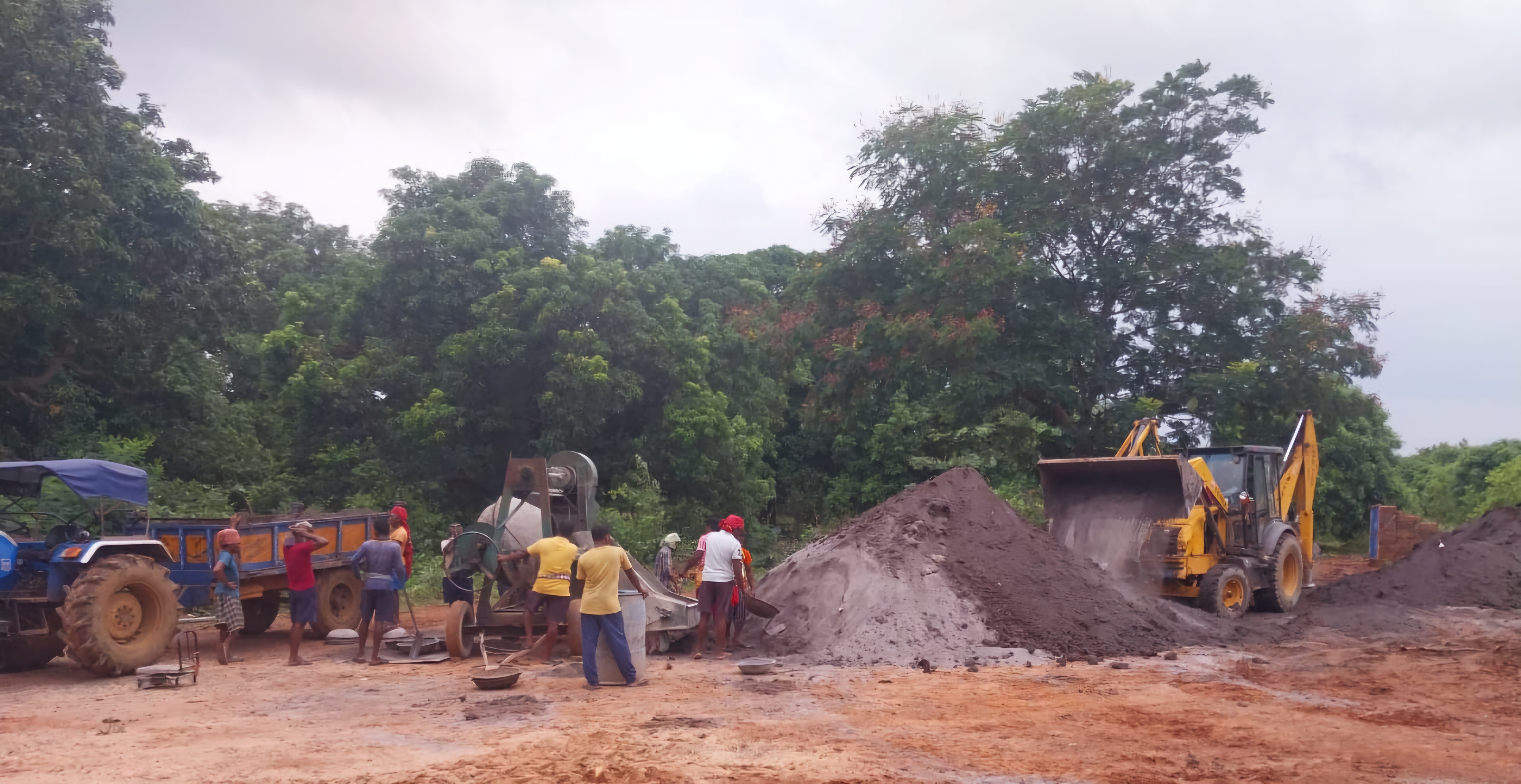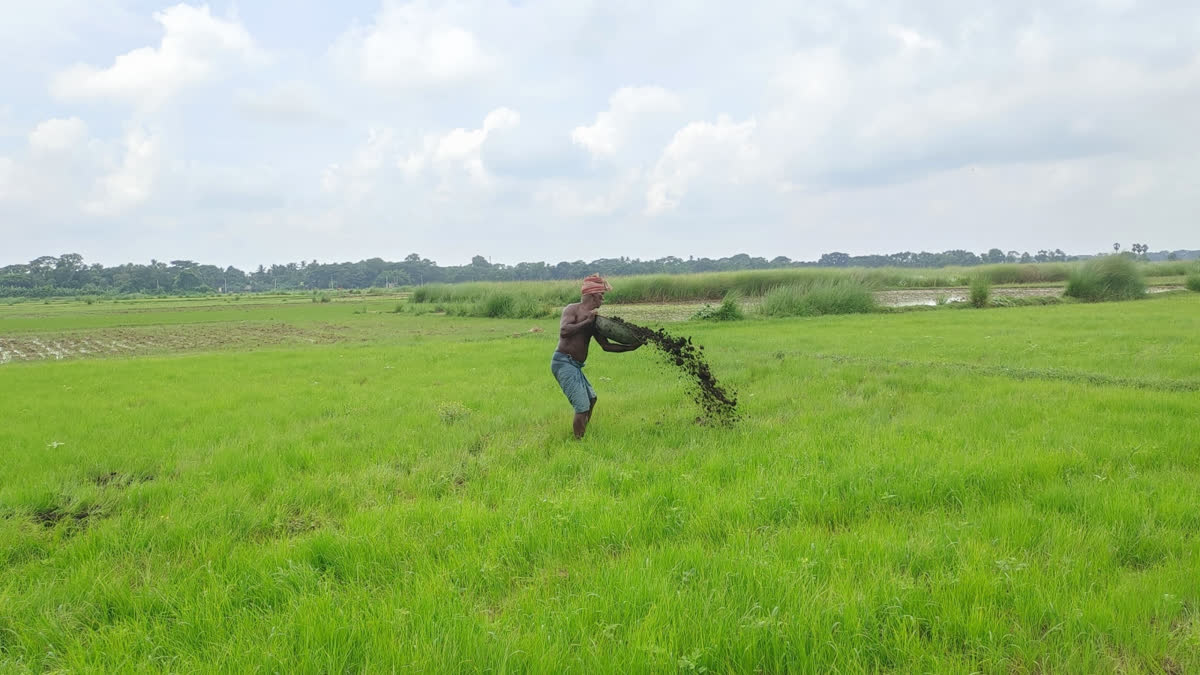Cuttack: In the verdant landscapes of Odisha, an initiative is turning heads and altering wasteland into farmland. Spearheaded by the ICAR-National Rice Research Institute (NRRI) here and supported by the government of Odisha, a new project called SAFAR is bringing a sea change in farm practices in the state.
The project 'Economic and Environment-friendly Utilization of Basic Slag and Fly-ash as Soil Amendments to Reclaim Acid Soils of Odisha (SAFAR)' is converting industrial waste into agricultural gold.
“It is known that acidic soils can bring down farm productivity significantly, but Project SAFAR is on a mission to change this narrative by reverting the pH level of over 600 hectares of such acidic soil spread across the districts of Cuttack, Jajpur, Dhenkanal, Angul, Jharsuguda, and Sundargarh," ICAR-NRRI Director Dr A K Nayak said.
Clever use of basic slag, fly ash, and compost into the acidic soil will breathe new life into the impoverished soil, Nayak said adding that Odisha farmers will richly benefit from this initiative of the scientists. The challenge of acidic soils is not unique to Odisha alone. This is prevalent across various agricultural ecosystems in India.

These soils, characterized by low pH levels, can stunt plant growth and diminish crop yields, says Dr Pratap Bhattacharyya, a Principal Scientist of ICAR-NRRI and currently heading the SAFAR project. By utilizing basic slag and fly ash, which are rich in essential soil nutrients like calcium, magnesium, and silicon, SAFAR is not just reclaiming the wasteland but is also enhancing the fertility and productivity of the soil, Bhattacharyya said.
Highlighting the benefits of the project, the NRRI Director said at the core of the SAFAR project lies a "robust circle of innovation, which is essentially a collaborative triumph".
"This initiative embodies the principles of a circular economy, where waste products are not merely disposed of but are transformed into valuable resources that foster agricultural rejuvenation," he said, adding that through strategic partnerships and community engagement, the project weaves together industry, agriculture, and environmental stewardship into a cohesive and sustainable model.
Detailing about the working of the project, Bhattacharyya said the industries such as Vedanta Limited of Jharsuguda, Tata Steel of Dhenkanal and Jajpur, and SAIL of Sundargarh have been roped in for the supply of basic slag and fly-ash from their facilities. These materials, typically viewed as waste products of the steel manufacturing units, are now redefined as key agricultural inputs, he claimed.
The transformation of these industrial by-products into farm-enhancing commodities exemplifies how environmental challenges can be turned into opportunities, Bhattacharya pointed out saying these three ingredients – basic slag, fly ash, and compost – when combined in different ratios, result in value-added products that neutralize the pH level of the acidic soil.
Three local start-ups are playing key roles in processing these raw materials into usable forms with the help of technical support from the ICAR-NRRI. He said the SAFAR project is not only maximising the utility of the by-products but also bolsters the local economy by creating new business opportunities and jobs in green technologies.
Moreover, the project places a strong emphasis on capacity building. “Our goal is to train farmers of these six districts that are affected by the acidic soil, helping them understand and adopt these new practices”, says Dr Rubina Khanam, another scientist associated with this project. This training extends to start-ups and Farmer Producer Organisations (FPOs), ensuring promotion and commercialisation of the value-added products, she added.
Read More



